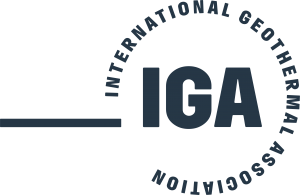The 4th edition of the Global Renewable Energy Forum (GREF) is organized by the Embassy of the Republic of Korea, Bonn Office in cooperation with the International Renewable Energy Agency (IRENA) and the UN Climate Change Secretariat (UNFCCC) on September 24, 2020. It is supported by the Korean-German Energy Partnership of the Ministry of Trade, Industry and Energy, Republic of Korea, and the Federal Ministry for Economic Affairs and Energy, Federal Republic of Germany. Partners of the conference are Eurosolar, ICLEI, World Wind Energy Association, DVGW, International Geothermal Association, EnergyAgency.NRW, UNIDO ITPO Germany, and ZBT – the hydrogen and fuel cell center.
Despite an urgent need for reduction, global greenhouse gas emissions continued to rise in the pre-coronavirus period demonstrating that an even more ambitious effort is required to achieve the 1.5°C target of the Paris Agreement. For that goal to remain in reach, the 2020s need to be a critical decade for climate action as emissions must be reduced by 7.6% every year from 2020 to 2030.
Renewable energy plays a key role for that matter. While it has become a mainstream energy and outpaced fossil fuels seven years in a row, its deployment must speed up drastically to meet climate targets and economic stimulus programs addressing the pandemic must focus on a green recovery. Likewise, green hydrogen produced from renewables is gaining more importance as the missing link of the energy transition and can play a crucial role in further shifting the world towards a future powered by renewables.
Against this backdrop, GREF 2020 deals with green recovery programs, accelerating renewable energy action, and the future of green hydrogen. It focuses on the potentials to accelerate renewable energy expansion, such as electrification of end-use sectors and enhancing demand-side flexibility for renewables. It also underscores the key role of green hydrogen as an option for decarbonizing high-emitting industries in which a low share of renewables remains a challenge and for different forms of transport, including shipping and aviation.
GREF 2020 is a hybrid event with on-site and online participation. While on-site participation at Hotel Königshof is by invitation only, for online participation, kindly register here: Registration
For more information visit: twitter.com/GREF_2020



